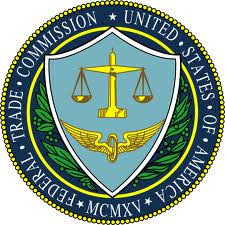Google has avoided a U.S. Federal Trade Commission antitrust investigation by agreeing to license certain patents to its rivals in the mobile phone business.

The FTC announced on Thursday that Google has agreed to license “essential” patents to competitors such as Apple, some of which were acquired in its acquisition of Motorola Mobility.
“The changes Google has agreed to make will ensure that consumers continue to reap the benefits of competition in the online marketplace and in the market for innovative wireless devices they enjoy,” FTC Chairman Jon Leibowitz said. “This was an incredibly thorough and careful investigation by the Commission, and the outcome is a strong and enforceable set of agreements.”
Google agrees to allow fair, reasonable and non-discriminatory access to patents essential to smartphones, tablets, laptops, and gaming consoles by its competitors.
The search monolith also agreed to give advertisers more flexibility when managing ad campaigns with Google’s AdWord product along with rival ad platforms. It also agree to stop “lifting” ad content from “vertical” websites, those that focus on categories like shopping, and presenting it in its own vertical offerings.
The FTC also announced that it has closed its investigation into search bias by Google. The commission took a close look at Google’s “Universal Search” product, but came to the conclusion that changes made to Google’s search algorithms could be justified as “innovations” that improved Google’s product, and therefore the experience, for its users.
Google previously ran into trouble with the FTC last year for bypassing security settings in Apple’s Safari web browser. Google agreed to pay $22.5 million as a fine for ignoring the settings Apple had put into place to prevent user tracking via cookies by advertisers.


